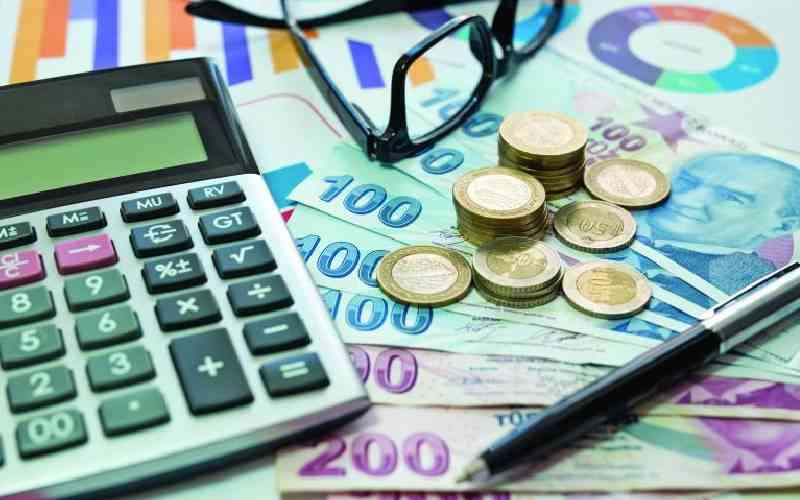×
The Standard e-Paper
Stay Informed, Even Offline

The Finance Bill 2024 is likely to face as much contest as its forerunner the Finance Bill 2023 due to the tax attack it proposes in both traditional and non-traditional tax revenue areas.
Despite looming opposition, the Finance Bill 2024 has some pinches of sweeteners which, understandably may not be appreciated by some.